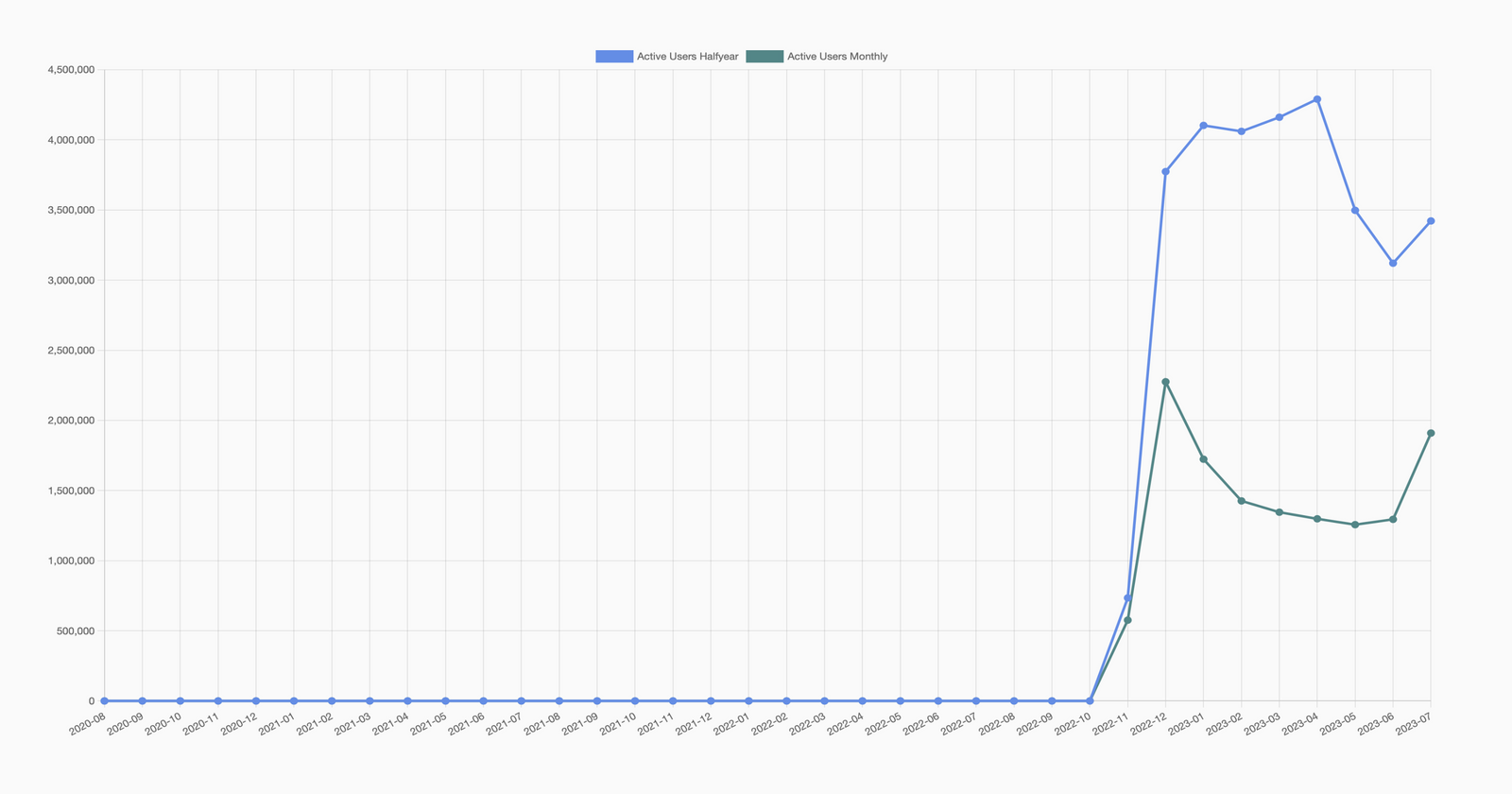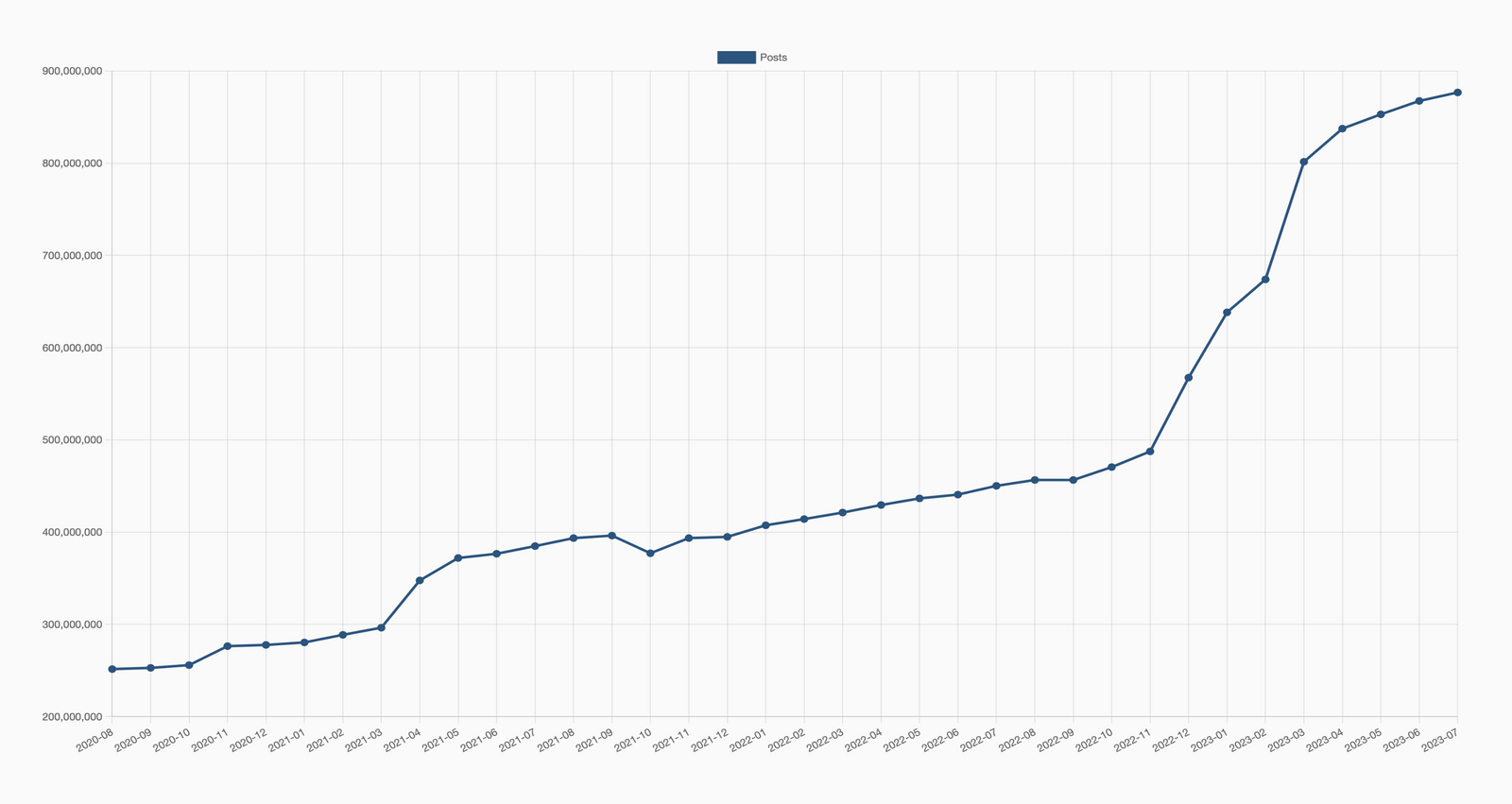What to make of the decreasing engagement metrics of Threads?
After a truly impressive launch, Threads is apparently experiencing a decrease in multiple engagement metrics.

Fewer users would use the app, and for those who do, they would spend less time on the app.
I have already read people drawing grand conclusions from these numbers. Their basic gist being that "Threads is already failing". But those numbers fundamentally cannot support such conclusions.
When a new product launch, it never pleases all of its users. This is just not a thing. Even a product that is perfectly launched will have users who try it, and quickly realize it is not for them. It means that the drop in engagement Threads is experiencing is expected.
Even worse, we recently went through a similar discourse — with Mastodon. And apparently, many people did not learn a thing from this debacle.
When Musk bought Twitter in October, Mastodon saw a massive increase in monthly active users. But soon, the number of monthly active users started to decrease significantly.

Many media ran stories claiming that Mastodon had "failed". But calling Mastodon a failure was premature. As the chart above shows, the number of monthly active users dropped, but then stabilized with a retention rate of approximately 60% (60% of the monthly active users kept using Mastodon). And in July, the number of monthly active users increased again.
Other engagement metrics easily disproved the idea that Mastodon had failed. For instance, the number of posts published in Mastodon kept increasing.

It means that even if fewer people were using Mastodon compared to the peak at the end of 2022, those who kept using it used it increasingly more.
Many people prematurely concluded that Mastodon had failed, and many people are now prematurely concluding that Threads is failing. I am not saying Threads, nor Mastodon for that matter, will be a success. Nobody knows — and those who pretend to know are either lying, or are deluding themselves. What I am saying is rather that drawing a grand conclusion from only a couple of data points is imprudent. It was imprudent to do it with Mastodon, and it is imprudent to do it with Threads.
And bear in mind that even with these decreasing metrics, Threads still have dozens of millions of active users. For a very minimal product launched a week ago, those are still impressive numbers.
Last but not least, a decrease in active users can even be a good thing for Threads — in the same way it probably was a good thing for Mastodon. Massive increases in users are not sustainable; they exhaust the people, the infrastructure and sometimes, the users themselves — who are bound to use the product in a degraded mode. A drop in activity gives more time to the people behind the platform to improve it and to scale it.
Launching a product is a marathon, not a sprint. In the same way that Twitter will not die overnight (if it dies one day, which is far from obvious), Threads will not become a major product overnight.




Comments ()